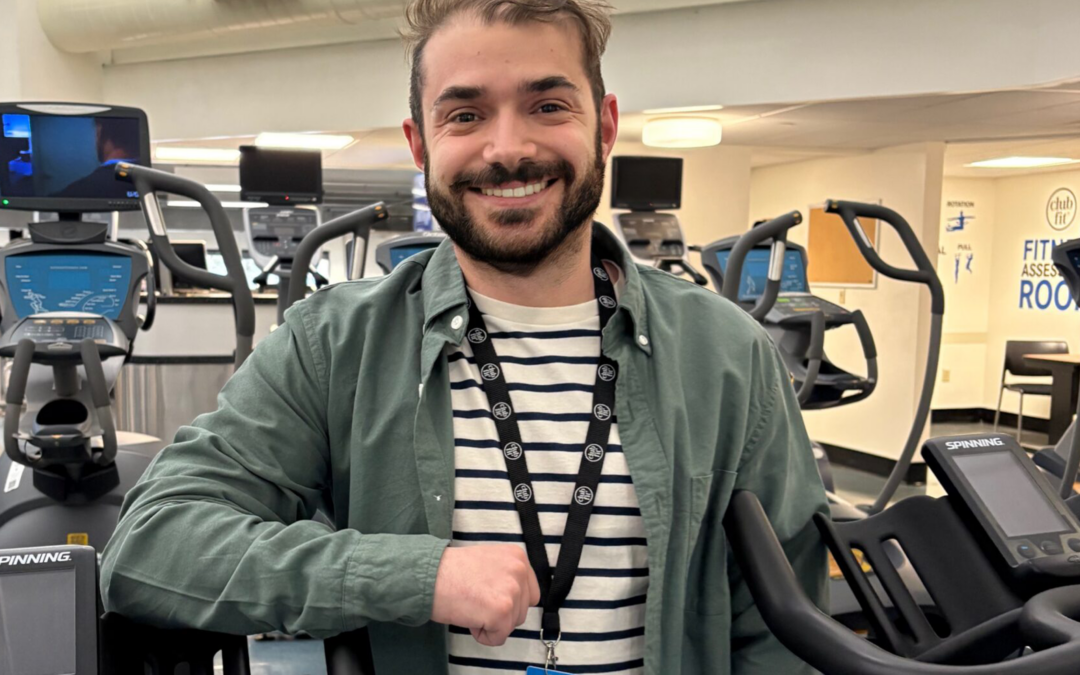Community
The Power of Staying Active: A Personal Reflection on Mental Health
February 2025 | By Matt Lowy, Club Fit Marketing Director
As the Marketing Director of Club Fit, I’ve always been a firm believer in the importance of staying active. Fitness has been a priority in my life for years—whether it was playing tennis, indoor or beach volleyball, soccer, running, lifting weights, or taking indoor cycling, DRIVE, and TRX classes at the club, I was always on the move. Maybe it’s undiagnosed ADHD, or maybe I just get bored easily, but I’ve never been one to sit still. Even when watching TV or movies at home, you’d find me lifting a dumbbell, doing sit-ups and push-ups, or getting steps in on the treadmill—rather than just relaxing on the couch. But over the past few months, things have changed.
In July 2024, I started experiencing some “minor” health issues that put an unexpected pause on my fitness journey. I won’t dive into the details, but I went from moving seven days a week to barely standing for seven minutes a day. If you’re a numbers person like me, that’s about eight months of progress lost. The lack of exercise has taken its toll—fatigue, low energy, and a noticeable decline in my fitness levels. I’ve gained some weight, lost strength, and, most importantly, my mental health has suffered.

Community
The Power of Staying Active: A Personal Reflection on Mental Health
February 2025 | By Matt Lowy, Club Fit Marketing Director

As the Marketing Director of Club Fit, I’ve always been a firm believer in the importance of staying active. Fitness has been a priority in my life for years—whether it was playing tennis, indoor or beach volleyball, soccer, running, lifting weights, or taking indoor cycling, DRIVE, and TRX classes at the club, I was always on the move. Maybe it’s undiagnosed ADHD, or maybe I just get bored easily, but I’ve never been one to sit still. Even when watching TV or movies at home, you’d find me lifting a dumbbell, doing sit-ups and push-ups, or getting steps in on the treadmill—rather than just relaxing on the couch. But over the past few months, things have changed.
In July 2024, I started experiencing some “minor” health issues that put an unexpected pause on my fitness journey. I won’t dive into the details, but I went from moving seven days a week to barely standing for seven minutes a day. If you’re a numbers person like me, that’s about eight months of progress lost. The lack of exercise has taken its toll—fatigue, low energy, and a noticeable decline in my fitness levels. I’ve gained some weight, lost strength, and, most importantly, my mental health has suffered.
Browse All Categories
Search Any of Our Articles

Train

Fuel


